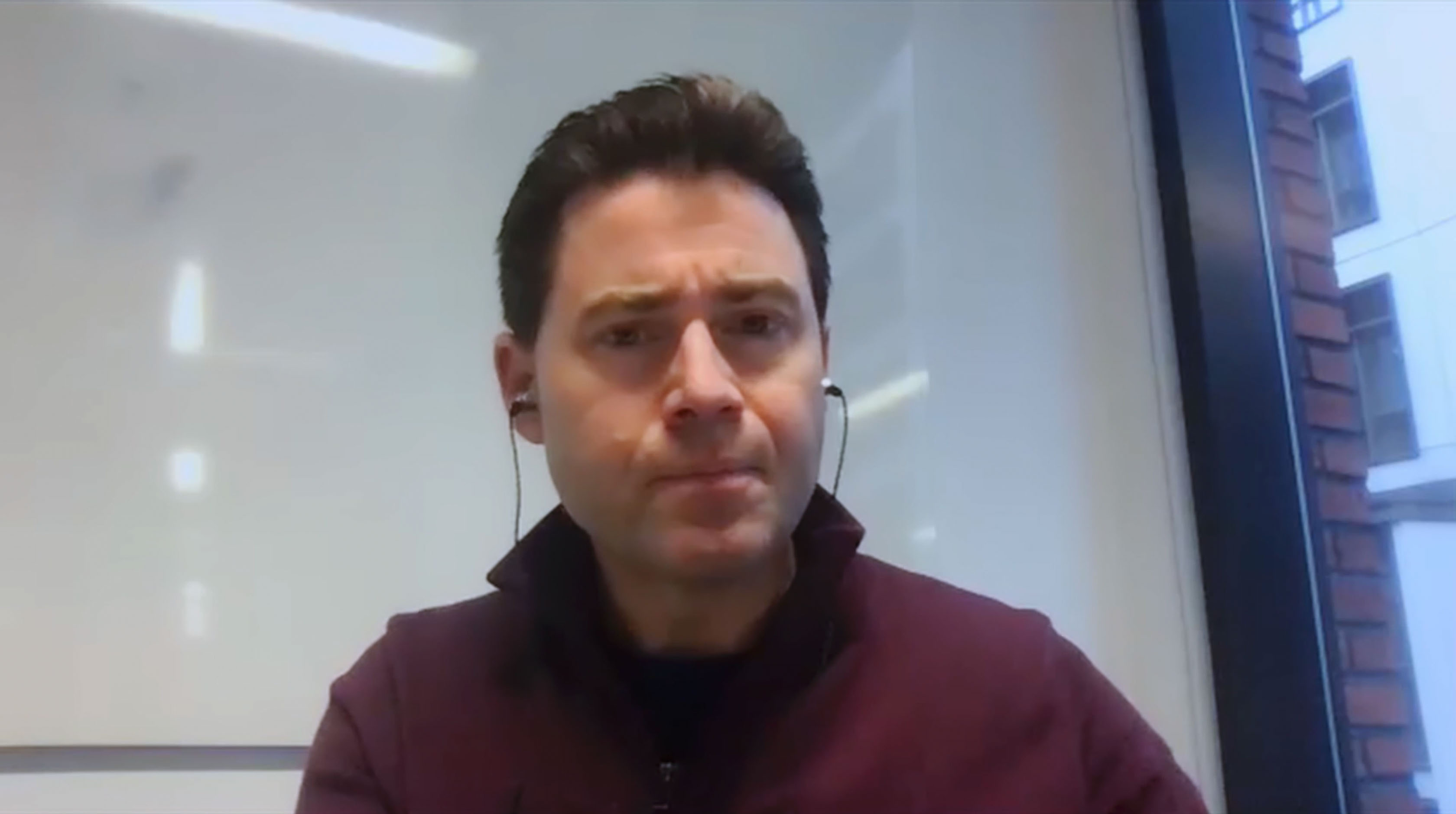
Google Culture and Business
Former Global COO at Just Eat and Current CEO at Receipt Bank
inpractise.com/articles/culture-strategy-alignment
Why is this interview interesting?
- A comparison of the culture and business strategy alignment at both Google and Just Eat
Adrian Blair
Former Global COO at Just Eat and Current CEO at Receipt Bank
Interview Transcript
How do you think about matching culture to the go-to-market and business strategy?
I think it starts from thinking about the commercial and products’ objectives of the business and what we need to be like? What are we going to need to be really good at, to do this? If I just compare and contrast between Google’s culture and Just Eat’s culture, they were completely different places. Utterly different. But the culture of both was very well suited to the purpose and strategy of the organization.
If I think of the Google culture, in some ways, it was a bit like a university. I can’t say that it’s still like this but, certainly, when I joined Google in 2004, Google would only hire from the elite academic backgrounds. You had to have gone to a certain university, you had to have a certain type of degree. They were, unashamedly, elitist about, academically, who they brought in. This was right across functions; it wasn’t just particular roles. If you think about what Google was looking to achieve, it was really pioneering what technology was capable of. It was at the very cutting edge of computer science and how to commercialize it. This is, inherently, highly academic activity which, if you get it right, you can end up building huge businesses off the back of it.
Google hired people like that and then the culture, internally, was one of a lot of intellectual enquiry. We regularly brought really interesting authors into the office, to give talks, because people at Google read a lot of books and were really interested in learning about what all these authors had to say. There were really lively discussion groups, internally, about all kinds of different topics, just because it was a company full of really intellectually curious people.
Google was this very academic culture. If you think about the purpose of the purpose, organizing the world’s information and making it accessible, that’s a very academic thing to think about. Very strong culture, very suited to the purpose and what the business was looking to.
Just Eat was more like a sports team. It was much more fun, in a sense, because we were mainly a group of very young people. I guess the average age in the company was about 25. What did we have to do to be successful? We had to sign up lots and lots of restaurants onto the platform. Therefore, we needed hundreds of young people, on the streets, talking to restaurant after restaurant, asking them to come onto Just Eat. It was a very repetitive activity. We had people in the call centre, who had to answer the phone to hundreds of people every night, who were all, basically, asking the same question, “Where is my kebab?”
So what we needed was a culture where people were working together, very passionately and energetically, to get a whole load of stuff done, again and again and again. A bit like in a game of football, you are basically doing the same thing again and again. The rules of the game don’t change. You’ve got a ball, you’re kicking the ball, you score a goal. It’s just doing the same thing, over and over again.
We had this fantastic culture of being very energetic, being very close to each other as a group. We had a world party every year; we invited the entire company for a couple of days, to just come and party together. A completely different thing from Google, but very well suited to the commercial objectives that we had.
Copyright Notice
This document may not be reproduced, distributed, or transmitted in any form or by any means including resale of any part, unauthorised distribution to a third party or other electronic methods, without the prior written permission of IP 1 Ltd.
IP 1 Ltd, trading as In Practise (herein referred to as "IP") is a company registered in England and Wales and is not a registered investment advisor or broker-dealer, and is not licensed nor qualified to provide investment advice.
In Practise reserves all copyright, intellectual and other property rights in the Content. The information published in this transcript (“Content”) is for information purposes only and should not be used as the sole basis for making any investment decision. Information provided by IP is to be used as an educational tool and nothing in this Content shall be construed as an offer, recommendation or solicitation regarding any financial product, service or management of investments or securities.
© 2026 IP 1 Ltd. All rights reserved.


